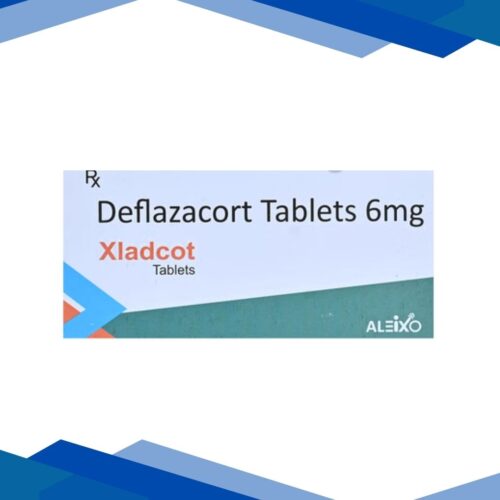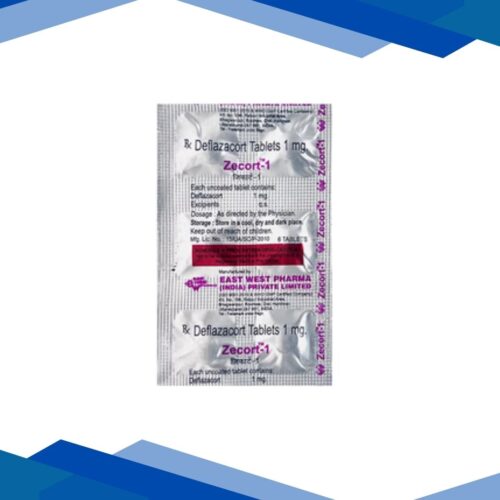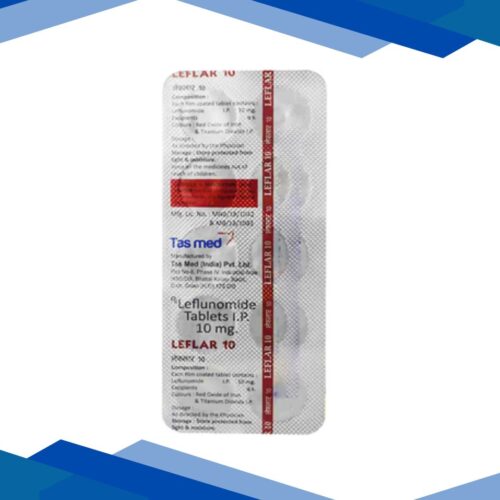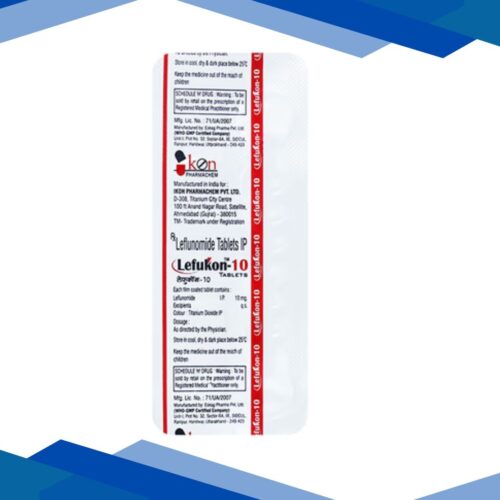PHENYTOIN
Overview:
Phenytoin is a medicine that helps people with epilepsy or seizure disorders by keeping the brain’s electrical activity stable. This prevents sudden bursts of nerve signals that can trigger seizures, helping reduce how often and how severe they are. With Phenytoin, people can often carry on with daily life more safely and confidently.
Classification: Anticonvulsant
Uses:
Phenytoin is mainly used to control seizures in people with epilepsy. It helps prevent sudden bursts of electrical activity in the brain, which can cause tonic-clonic (grand mal) seizures, partial seizures, and certain types of status epilepticus. By decreasing how often seizures occur and how strong they are, it helps individuals maintain a safer, more regular lifestyle.
How it works:
Phenytoin works by stabilizing the electrical activity in the brain. It blocks excessive sodium ions from entering nerve cells, which prevents the rapid firing of nerve signals that cause seizures.By controlling these excessive signals, Phenytoin reduces seizure frequency and intensity, maintaining more balanced brain function.
Dosage: As prescribed by your doctor.
Side Effects:
- Dizziness or lightheadedness
- Drowsiness or fatigue
- Nausea or upset stomach
- Headache
- Gum overgrowth (gingival hyperplasia)
Precautions:
You should inform your physician prior to using Phenytoin in case you have problems with your heart, liver or kidney, as well as a history of allergies. You should not miss combo doses or stop Combo suddenly and this may result in a seizure. It can be very tempting to do things involving alertness like driving as it may cause drowsiness or dizziness, so be careful when undertaking such activities. In addition, tell your physician about all other drugs or supplements you are taking to eliminate possible drug interactions and provide safe treatment.
Disclaimer:This content is for informational purposes only. Always consult a healthcare provider for medical advice and proper dosage.







